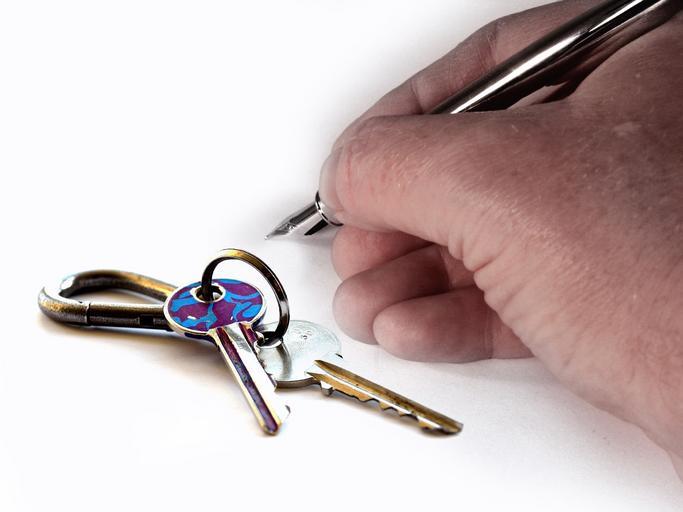The nuanced world of Real Estate can often leave property owners perplexed with its specialized terminologies. Among these are “property ID” and “folio number” — two critical identifiers that play a vital role in property transactions and records. Whether you’re buying your first home or adding to your investment portfolio, understanding what is a property ID and what is a folio number is foundational.
Both identifiers are essential in locating and verifying a property’s existence within public records. However, recognizing the distinction between a property ID and a folio number can save you from potential confusion when dealing with contracts, tax forms, and legal documents.
What is a Property ID?
A property ID, short for Property Identification Number, is a unique numeric or alphanumeric code that is assigned to a parcel of land by a local or county government. The property ID essentially serves as a fingerprint for real estate, distinguishing it from other properties in the area. Property IDs are used to track ownership, assess property taxes, and record survey information, among other administrative functions.

One question many owners ask is, “What is a property ID used for in day-to-day property management and transactions?” Well, if you’re inquiring about utility services, paying property taxes, or engaging in real estate transactions, your property ID will be referenced. It is crucial in ensuring the preciseness of any registrations or legal actions related to the property.
What is a Folio Number?
On the other side is the folio number — another unique identifier, which is frequently used within public records to catalogue property documents. Folio numbers are particularly common in areas where land is subdivided into various plots for development. They may be sequential and can indicate the specific location of a property within a larger development or community plan.
Another answer to “what is a folio number” is that it’s often tied to tax assessor’s records to streamline the process of acquiring property-related information. When paying property taxes, for example, the folio number may be used by the jurisdiction to ensure the correct account receives your payment.
Key Differences
While both terms seem synonymous, understanding what is a property ID and what is a folio number highlights a specific difference in their use. The property ID is the more broadly utilized of the two and is necessary for legal documentation. The folio number, while also important, is often more relevant within the context of local government records, particularly in regards to tax assessment and payment.
When reviewing Real Estate records or documents, you might require either or both identifiers. Hence, keeping a record of your property’s property ID and folio number, and knowing which one to use, is beneficial.
Utilizing Property ID and Folio Number
For property owners, both the property ID and the folio number hold significance. Upon purchase of a property, make sure to note both identifiers as they appear on your deed and other closing documents. When accessing services, inquiring about tax bills, registering for utilities, or initiating renovations requiring permits, you will likely use the property ID. Conversely, when searching through county tax records or inspecting parcel maps, you’ll probably find the folio number to be more pertinent.
Conclusion
For effective management and for smoother transactional processes with your real estate assets, always have your property ID and folio number at the ready. They are not just codes or sequences; they are the gateways to a more streamlined ownership experience.
Remember, if you’re still pondering, “What is a property ID and how does it differ from a folio number?”—revisit this guide or consult with a Real Estate professional to attain the confidence you need in your property dealings.
Sources: Real Estate Guidebook, Property Law Journal






